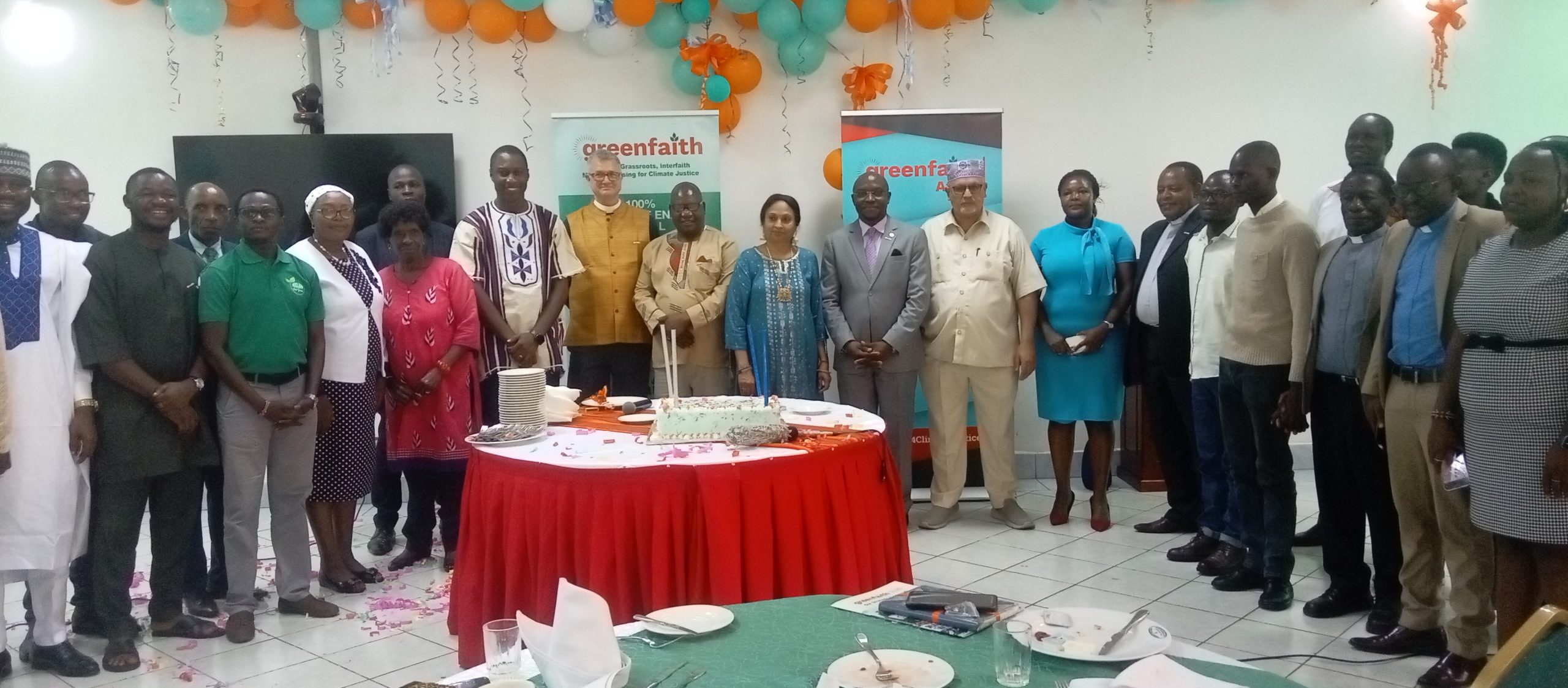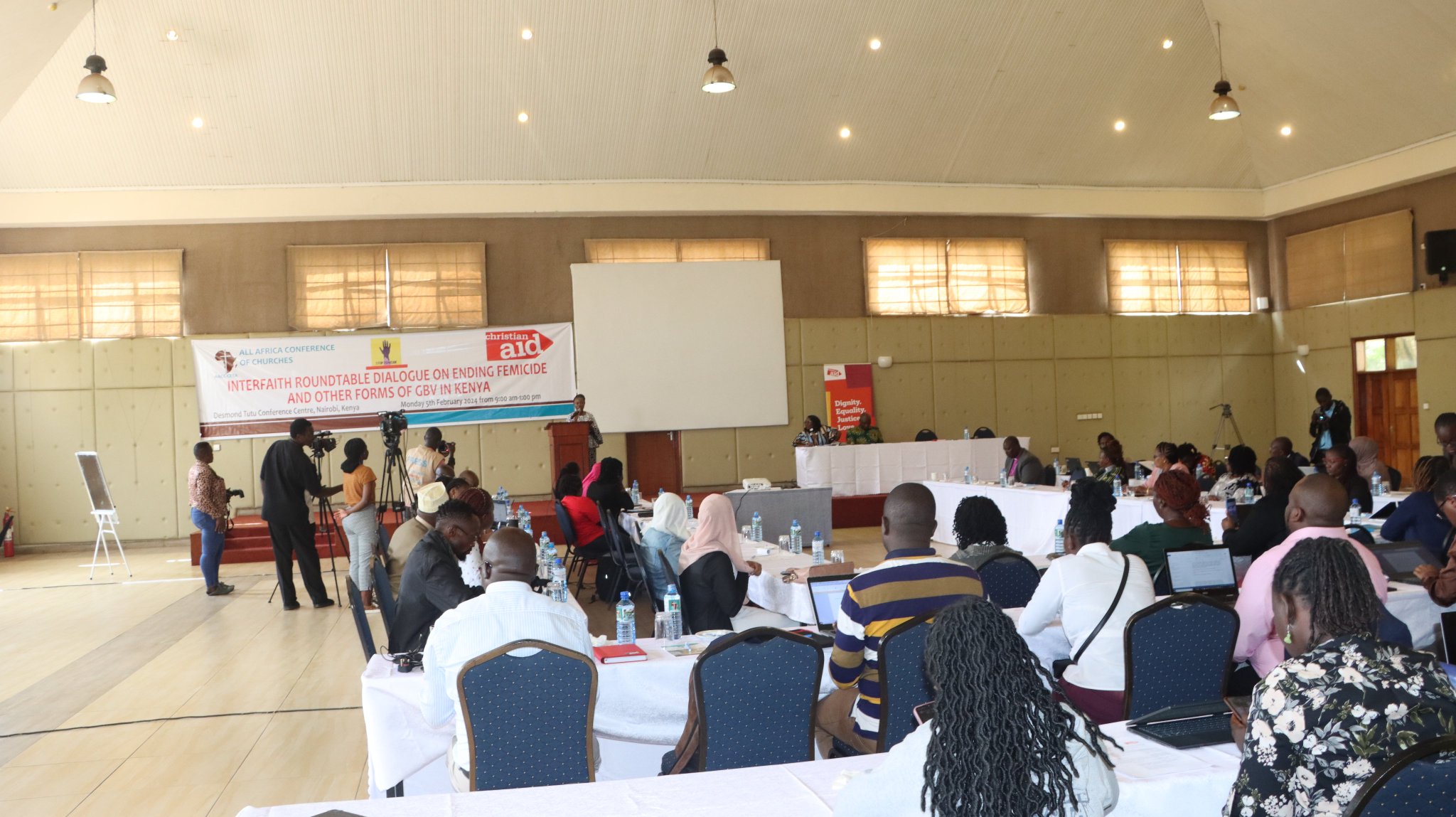By Eddah Waithaka
The Caucas of Patient -Led Organizations of Non-Communicable Diseases (NCDs) conducted a recent survey that has uncovered significant barriers in the implementation of the Social Health Authority (SHA) and the Social Health Insurance Fund (SHIF), raising alarms about patient access to critical health services.
Held between October 24 and 25, 2024, the survey gathered insights from a range of healthcare facilities across Nairobi, Kiambu, Meru, and Bomet Counties, revealing deep-rooted systemic issues that hinder timely and affordable care for individuals battling non-communicable diseases. As healthcare providers grapple with these challenges, many patients find themselves facing a precarious struggle for the essential services they need.
A key concern highlighted in the survey was the lag in accessing vital services, attributed to systemic inefficiencies within public hospitals.
Prominent facilities such as Kenyatta National Hospital and Kenyatta University Referral Hospital frequently experience technical malfunctions and system failures, resulting in extended wait times for essential services like diagnostic imaging and specialized medical procedures.
These delays, often due to “system hangs,” exacerbate patient anxiety and frustration, notably diminishing the quality of care available to individuals requiring urgent medical attention.
The survey also pointed out the restricted SHIF coverage in private healthcare facilities, such as Nairobi Hospital and Rurai Family Hospital – Specialty Hospital. This limited coverage only applies to civil servants within certain job categories, resulting in most patients with non-communicable diseases (NCDs) being ineligible for services.
Read Also :https://switchmedianews.wordpress.com/2024/11/04/3950-chiefs-to-plant-trees-in-their-locations-every-friday-of-the-month/
https://switchmedianews.wordpress.com/2024/11/04/actionaid-kenyas-launch-plan-for-2024-2028-that-puts-power-in-the-hands-of-women-youth-and-children/
These coverage limitations particularly impact cancer patients, transplant recipients, and other high-risk groups, forcing them to increasingly rely on out-of-pocket payments for their care. Previously, these conditions were covered under the NHIF.
Inconsistent access to specialized care has been reported in mission hospitals such as Tenwek Hospital, which is not covered by SHIF. This situation creates significant barriers for rural patients seeking specialized services.
Meanwhile, public hospitals such as Mama Lucy Kibaki and Mbagathi are unable to perform advanced procedures, including heart surgery, for SHA patients, severely limiting life-saving interventions for people with non-communicable diseases (NCDs).
In addition, the survey found that the elimination of coverage for overseas treatment under the SHA has affected patients who need specialized treatments that are not available in Kenya, leaving them with few alternatives for care. In addition, a lack of public awareness about the SHA program such as its benefits, premium costs, and eligibility requirements – has led to confusion among patients, making it difficult for them to effectively navigate the new system.
Following these findings, the Caucus of Patient-Led Organizations for NCDs has called on the Ministry of Health and SHA leadership to act quickly to address these concerns. They have proposed that SHIF coverage for overseas treatments be restored, ensuring that patients who require specialized care unavailable in Kenya have access to necessary options.
Additionally, the Caucas highlighted that it is essential for SHA benefits to be clearly outlined and effectively communicated to the public in order to rebuild patient trust and promote transparency. The survey also emphasized the need to promptly address technical system failures to decrease waiting times and enhance the efficiency of care delivery.
Also the Caucas emphasized by that the Ministry of Health should address the outstanding NHIF debts owed to healthcare providers. Settling these debts would enable providers to accept SHA patients with increased assurance and alleviate financial pressures on both sides. Further, the Caucus suggested initiating public awareness campaigns to inform patients about SHA benefits, registration processes, and financing options, facilitating a smoother transition to the new system.
Evans M. Majau, the Chair of the Caucus of Patient-Led Organizations of NCDs, emphasized the urgent need for reform, asserting that “the findings from this survey reveal critical gaps in SHA’s ability to serve Kenyan patients, particularly those facing chronic and complex conditions like cancer, diabetes, and cardiovascular diseases.”
He stressed that the successful rollout of the Social Health Authority must prioritize transparency, access to specialized care, and meaningful patient inclusion to truly fulfill the promise of universal health coverage in Kenya.
Majau called on the Ministry of Health and SHA leadership to actively engage with patients, heed their concerns, and implement swift corrective measures to address these pressing issues. His remarks underscore the pivotal role of patient voices in shaping a more effective and inclusive healthcare system.






